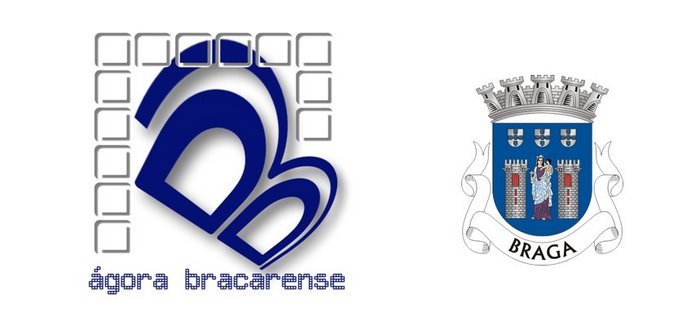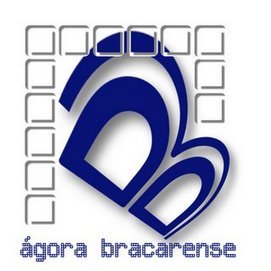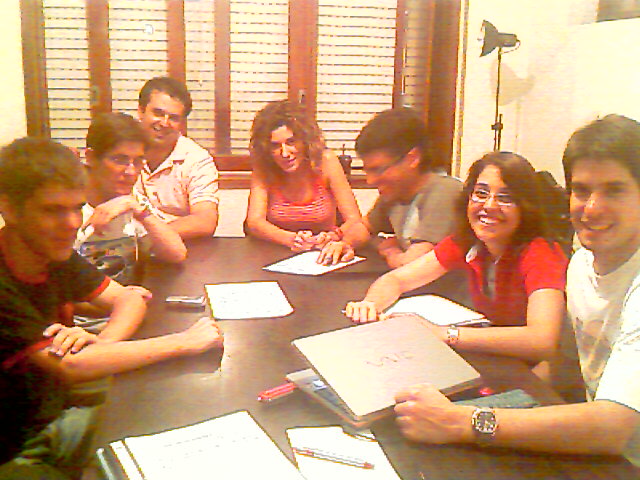The FARE (Football against Racism in Europe) network co-ordinates actions against racism in and around football stadiums across Europe. Each year the network organizes an action week where football fans, ethnic minorities and football clubs stand united against discrimination. This year, the event will take place on the week between 17 to 30 October 2007.
FARE provides small-scale funding for local initiatives during the European Action Week for fans clubs, ethnic minorities and migrants organizations, refugees and asylum seekers, amateur football clubs, anti-discrimination groups, schools and youth teams. The FARE network, in partnership with UEFA, calls the entire European football family to get involved in the forthcoming FARE Action Week.
The wide range of activities will include the printing of banners, leaflets and posters, the production of fans’ choreographies etc. Specific anti-discrimination events such as matches, workshops and debates will also be organised. The main priorities of this FARE Action Week will be: the greater participation of ethnic minorities and migrants, the inclusion of women and actions against homophobia in sports.
To facilitate the organization of events and activities, eligible groups can apply for financial assistance through the following website
www.farenet.org (the contribution will not exceed €400). The deadline is on September, 10 2007.





